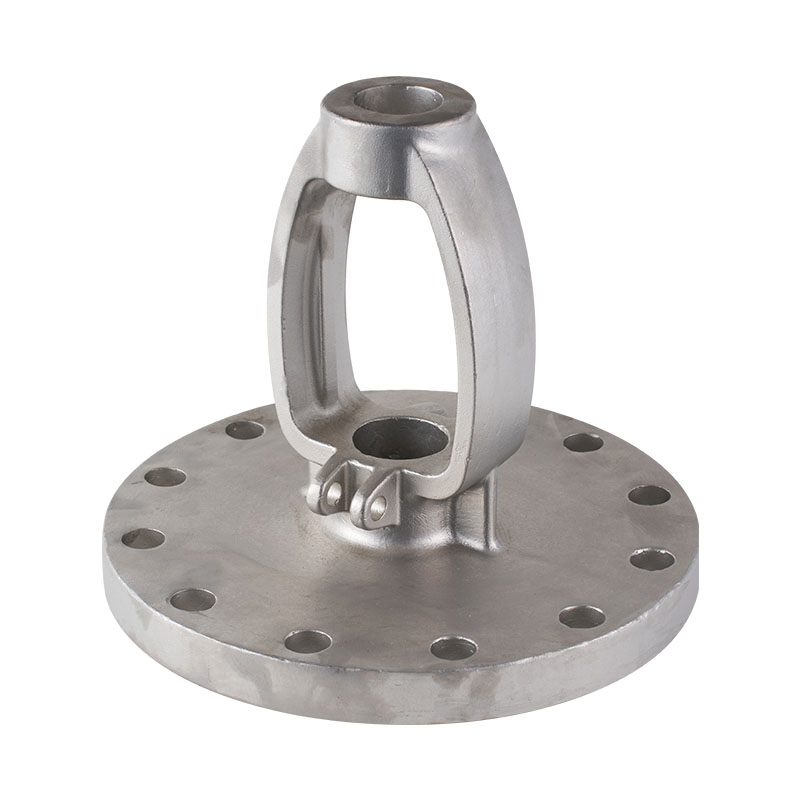Regulating Valve casting is a cornerstone of fluid control systems, shaping how industries manage pressure, flow, and stability in complex pipelines. In recent years, advances in casting techniques, material innovation, and smart monitoring have played a major role in shaping the future of regulating valve production.

Regulating Valve Casting: Advanced Casting Techniques
Casting methods form the foundation of valve performance. Traditional processes such as sand casting remain widely used due to their versatility, but investment casting and precision molding are gaining importance for parts that require high dimensional accuracy.
Modern regulating valve casting increasingly emphasizes defect prevention. Common issues such as porosity, shrinkage, or surface cracks can compromise sealing performance and shorten service life. To reduce these risks, foundries are introducing computer-aided simulations before production, allowing engineers to test mold design, metal flow, and cooling patterns virtually. This approach reduces trial-and-error on the factory floor and ensures that the final product delivers consistent quality.
Improved casting techniques also support more complex geometries, enabling valves to operate with greater stability under varying conditions. For industries where flow regulation must remain precise, high-quality casting translates directly into improved operational safety.
Regulating Valve Casting: Material and Alloy Innovations
The choice of material is equally critical in determining how a regulating valve performs over time. Bronze and brass remain common for general applications due to their balance of strength and machinability. Stainless steel is widely favored for environments where corrosion resistance is essential, such as chemical processing plants and marine systems.
In recent developments, specialized alloys have become more prominent. For example, nickel-based alloys provide resilience under high-temperature conditions, while duplex stainless steel offers a strong combination of corrosion resistance and mechanical strength. These innovations in materials ensure that regulating valves can handle more demanding service environments without frequent replacement.
Another area of progress involves environmentally friendly alloys. Industries adopt stricter sustainability goals, foundries are refining casting processes to reduce emissions, recycle waste metals, and extend the service life of valve components. This shift not only lowers environmental impact but also aligns with customer demand for greener production methods.
Regulating Valve Casting: Smart Control and Quality Monitoring
The integration of smart technologies into casting and quality control processes is transforming the industry. Advanced monitoring systems now allow foundries to track temperature, pressure, and cooling rates in real time during casting. These systems detect variations that might cause defects, enabling immediate adjustments and minimizing scrap rates.
Post-casting inspection has also advanced. Non-destructive testing methods, such as ultrasonic and radiographic inspection, identify internal defects without damaging the component. Combined with digital scanning, these techniques create a reliable quality record for each valve.
Conclusion
The field of Regulating Valve casting is evolving through a combination of advanced techniques, improved materials, and smarter monitoring. Each of these developments contributes to greater durability, enhanced performance, and stronger alignment with both market expectations and regulatory requirements. Regulating Valve casting will remain a key area of progress in the global valve sector, supporting both industrial efficiency and sustainability goals.
For product inquiries or more information, please contact Baoli Company.